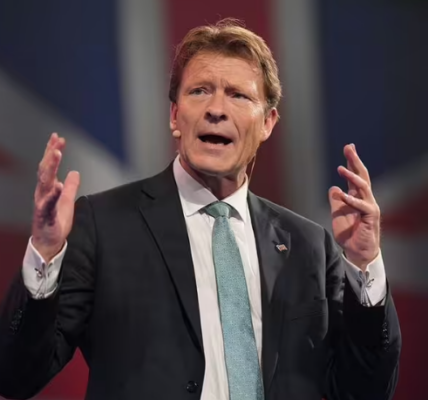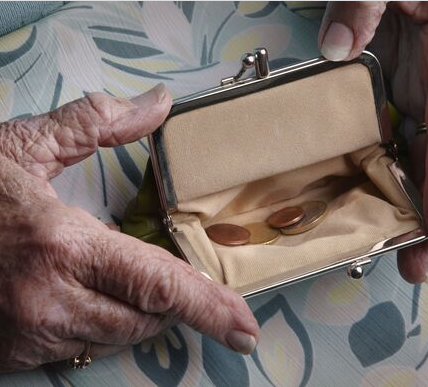Nearly nine million pensioners are expected to pay tax in retirement after the Government confirmed that the Personal Allowance will remain frozen.

More retirees may be forced to pay tax. (Image: Getty)
State pensioners are set for a welcome boost next year, but it could end up being a “double-edged sword” for many. Millions of Brits are set for a 4.8% increase in their State Pension next year, following the release of figures from the Office for National Statistics (ONS). The anticipated rise means that those receiving the full New State Pension could get £241.30 per week, or £965.20 every four-week pay period, equating to around £12,548 per year.
Those on the full Basic State Pension could see their weekly payment increase to approximately £184.90, £739.60 every four-week pay period, totalling roughly £9,615 per year. While the increase will be positive for most pensioners, it could result in more elderly people paying tax during their retirement.
Claire Trott, Head of Advice at St. James’s Place, explained: “The UK CPI figures confirm that, as expected, next April’s State Pension rise will be determined by average earnings (which topped 4.8% in the three months to July), meaning pensioners are set for a substantial uplift of over £550 annually.
“However, this rise is something of a double-edged sword. While the boost will be welcomed by many, it also pushes the New State Pension to just below the personal allowance, and risks nudging many more people into paying tax on any other additional income they have.
“As a result, someone with additional income of £10,000 will effectively only see an increase in their take home income of just shy of 2.3% due to the additional taxation, which could result in unexpected tax bills for unassuming pensioners.”
Nearly nine million pensioners are expected to pay tax in retirement after the Government confirmed earlier this year that the Personal Allowance will remain frozen at £12,570 until April 2028.
Around 8.4 million people on the Basic State Pension will continue to receive approximately £9,615 a year, but could also find themselves inching closer to the tax threshold.
Derence Lee, chief finance officer at Shepherds Friendly, added: “Due to the extremely high levels of inflation the UK has experienced since 2020, State Pensions have been increasing at a rate that some experts believe to be unsustainable in the long term.
“With pensions expected to surpass the frozen tax-free allowance limit next year, which will remain unchanged by the government until 2028, more retirees will be pushed into the tax-paying bracket.
“As a result, pensioners should begin to take into account that they may soon need to pay income tax on their pensions should no changes be made to current status-quo.
“Whilst the Triple Lock has been helpful in ensuring retirees’ incomes keep up with the cost of living, taxing pensioners could have significant financial implications, particularly for those who rely heavily on their pensions to cover essential living costs and make ends meet.”

